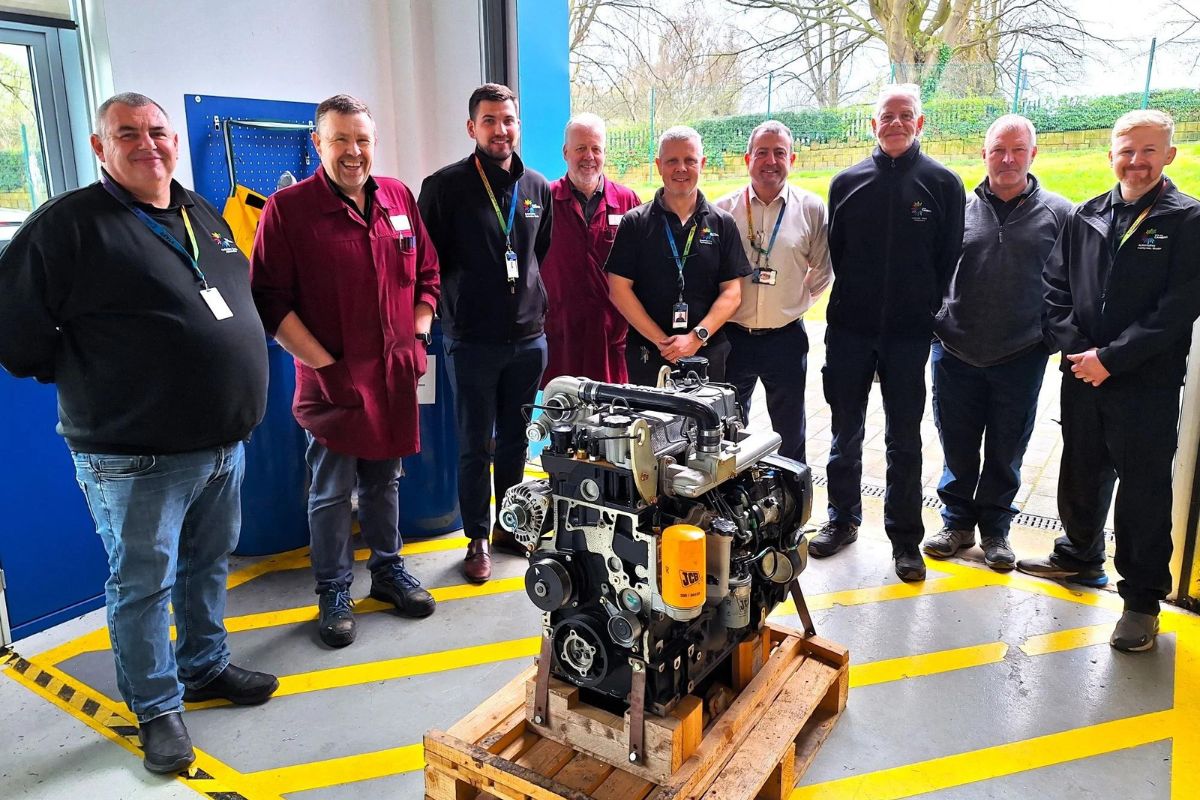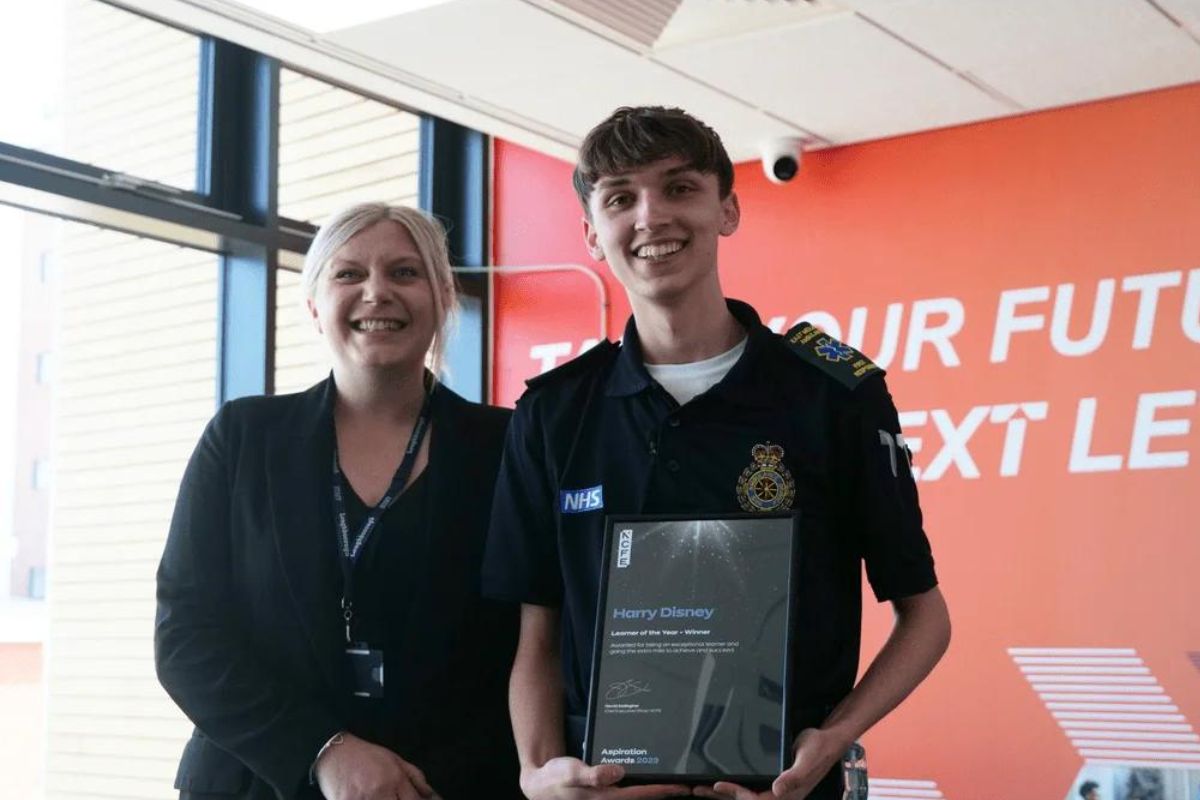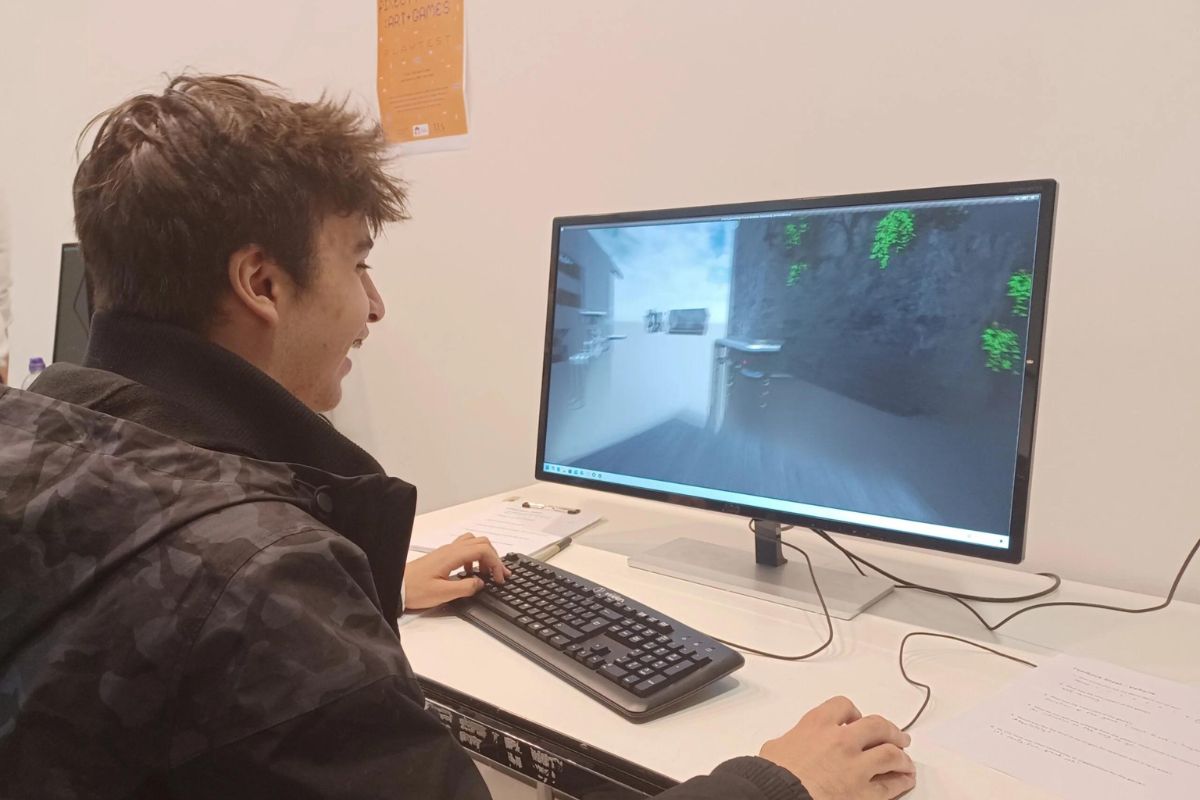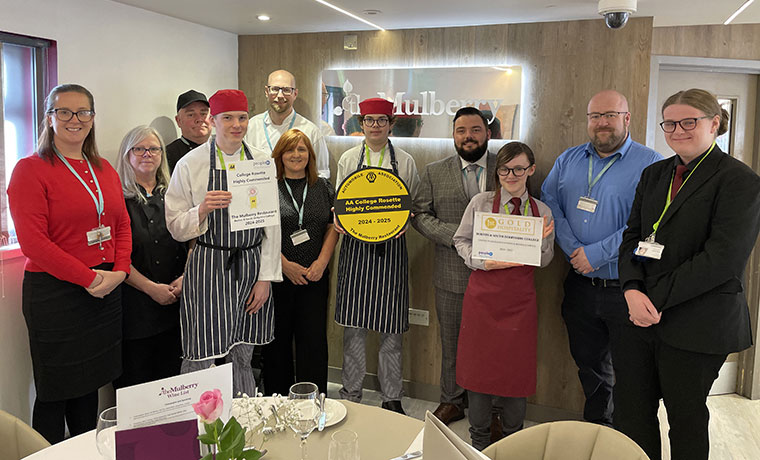Driving Forward-Thinking Research for a Sustainable FE and Skills Sector

Dr Vikki Smith, Executive Director of Education & Standards at the Education and Training Foundation, reflects on the key themes discussed at a community of practice session on research in Further Education and Skills, held at this year’s SET24 conference in January.
It is always a fruitful exercise to bring together colleagues from across the Further Education (FE) and Skills sector to discuss how we can collaborate for the sector’s benefit. It was no different when I met with a community of practice for a discussion about sector research and system change at this year’s SET24 conference – the annual conference held by the Education and Training Foundation’s (ETF) professional membership body, the Society for Education and Training (SET).
In the bustle of the Vox Conference Venue, Birmingham, on 16 January, we discussed the sector’s direction of travel and how to ensure collective knowledge and experiences, alongside new research, can be harnessed to achieve widespread, positive impact for the sector. Our conversation took many interesting directions. Here, I reflect on three of the key themes from the session.
Harnessing our collective wisdom
The FE and Skills sector is rich with collective wisdom. But in our session, we acknowledged that our sector’s valuable knowledge and expertise, built up over decades, is not always captured or shared as effectively as we would like. The positive impacts of sharing effective practice could be amplified significantly if we harness our collective wisdom and disperse it more effectively throughout the FE and Skills system.
So, how do we go about doing this?
There are already many examples of effective sharing of best practices that are flourishing across the sector, which we can learn from and build upon. For example, the What-Works-Teach-Meet (WWTM) network has been running for two years, facilitating the sharing of teaching ideas for specialist subjects and AmplifyFE connects sector professionals to enable sharing, collaboration and learning. The Learning and Skills Research Network (LSRN) demonstrates the value of research and explores ways to increase the influence of findings. The Society for Education and Training has over 22,000 members, and events like the annual SET conference provide an opportunity for practitioners and leaders across the sector to network and share their experiences and knowledge.
Dr Sarah Boodt, who convenes the What-Works-Teach-Meet initiative and attended the session on 16 January, said:
“Teachers are like magpies, always looking for new ideas. Professional networks provide a space where FE teachers can share their considerable wealth of knowledge and experience, and help each other find creative solutions to common challenges.”
By pooling our resources and knowledge, we enhance support for practitioners and, ultimately, deliver better results for learners. Strengthening and growing these opportunities for collaboration is key to making use of our collective knowledge and experience.
Changing the narrative
Throughout our discussion, we returned again and again to the impact of common narratives associated with our sector. Narratives that depict FE and Skills as ‘the poor relation’ of higher education or academia, or as somehow ‘lacking’ or ‘deficient’, stubbornly persist in the language used about the sector – even by those of us within it. As many colleagues pointed out, this damaging narrative risks becoming a self-fulfilling prophecy.
Turning this apologetic narrative on its head is a necessary step towards harnessing the power of knowledge and expertise within the sector. When we position ourselves as vital contributors to a broader education system and society, we can better articulate the unique perspective and expertise that we bring to the table – and the key role we play in meeting current and future challenges, from skills gaps to sustainability.
Dr Lynne Taylerson, Director at Real Time Education and Researcher for AmplifyFE, who attended our session on 16 January said:
“Narratives cast post-16 education as ‘Cinderella’, a ‘plucky underdog’. Practitioners describe themselves as ‘just a lecturer’. Self-deprecation runs like a mineral seam through our sector in direct contradiction to the life-changing opportunities afforded by lifelong learning. We must rewrite our story, how we think about ourselves, how we describe ourselves.”
Changing the narrative starts with how we talk about ourselves, but it also means demonstrating our expertise and professionalism externally. Raising the status of the profession and championing the quality of teaching and training across FE and Skills is an important step – and is a cornerstone of ETF’s new strategy, launched in late 2023.
Systems thinking and future-proofing
We have long recognised that a thriving UK economy necessitates an FE and Skills sector that is dynamic and sustainable. A sustainable system requires regular system renewal practices and infrastructure improvements continuously to meet the needs of students, job markets and wider society. We are all moving parts in that ‘system’ and have a role to play in the amplification of messages and ways of working so that changes become widespread and self-sustaining. Working with the University of Oxford’s Saïd Business School, ETF has been examining this concept with collaboration from across the sector, with a report due out this Spring.
In our discussion at SET24, we touched on these ideas. We noted that, sometimes, research into effective practice can tend towards immediate concerns that are context-specific; by lifting this and thinking about the system as a whole, we can improve practice across the whole system. In parallel to this, we discussed the need for research that enables practitioners across the sector to stay ahead of their practice and keep up with changing learning environments that are impacted by evolving technologies, the climate crisis, and political instability and uncertainty.
All such research requires funding. In our group, the positive legacy of the ETF-SUNCETT Practitioner Research Programme was strong, with several participants having benefitted from the programme to support their practitioner research. Many participants in this programme have gone on to be scholars with the Research Further initiative established by the Association of Colleges and NCFE and co-funded by ETF. How can we ensure funding continues to flow towards such important research?
Michael Smith, an alumnus of the ETF-SUNCETT programme who also attended the 16 January community of practice session, said:
“Programmes like the SUNCETT PRP have been incredibly potent in harnessing collective experience and wisdom in the FE sector and using this to better understand and improve practice, led by those on the inside. This community of practice is vital in advocating for this work and exploring how similar opportunities can be developed and sustained.”
Underpinning this discussion around research and funding was the recognition that short-term thinking sometimes crowds out longer-term thinking in the sector. The urgency to address immediate problems impedes our ability to consider the changes necessary in the long term to ensure a sustainable and robust FE and Skills sector. While recognising the pressures and challenges that foster short-term thinking, we must consider how we make space for longer-term solutions that better equip us for the future.
Forging a path forwards
The potential of the FE and Skills sector is boundless, and that potential is unleashed when we come together, collaborate and share ideas. Our collaborative session at this year’s SET conference was an opportunity to touch on some of the big-picture ideas about how to drive positive change, but it was only the start of the conversation.
At ETF, as we pursue our new strategy launched at the end of last year, we look forward to continuing to bring together sector colleagues to discuss, challenge, and formulate ideas. Working together – and convening ideas, experiences and viewpoints from every corner of our vibrant sector – we can build a positive and sustainable future for FE and Skills.
By Dr Vikki Smith, Executive Director of Education & Standards at the Education and Training Foundation











Responses